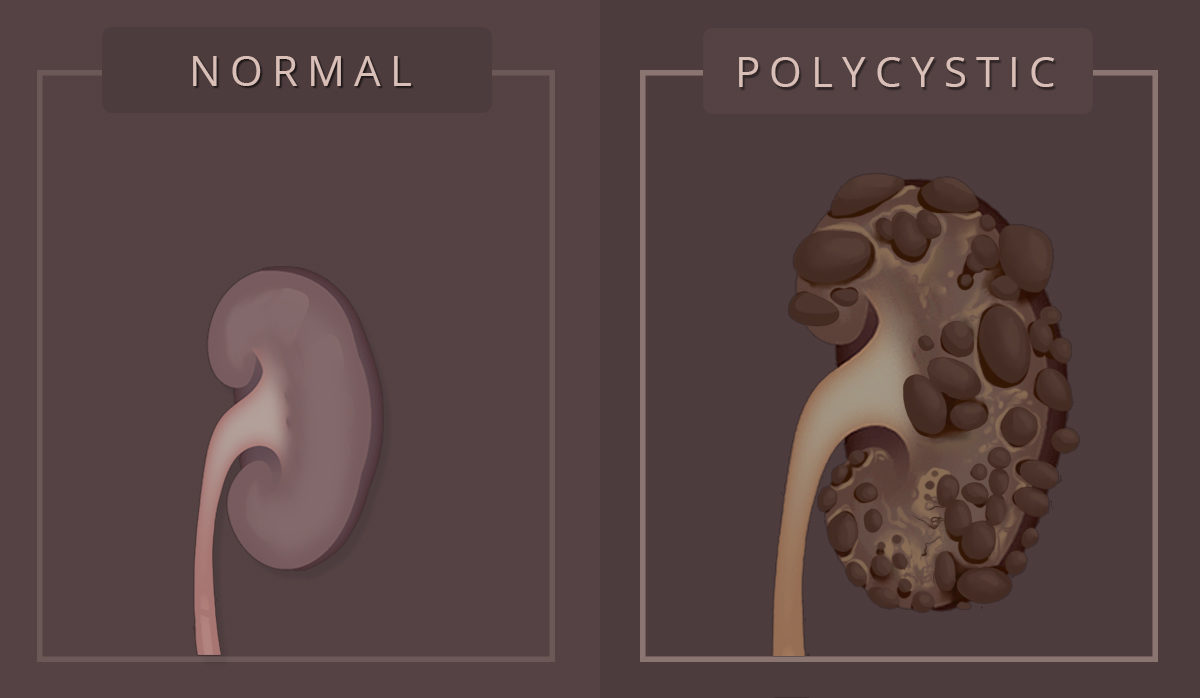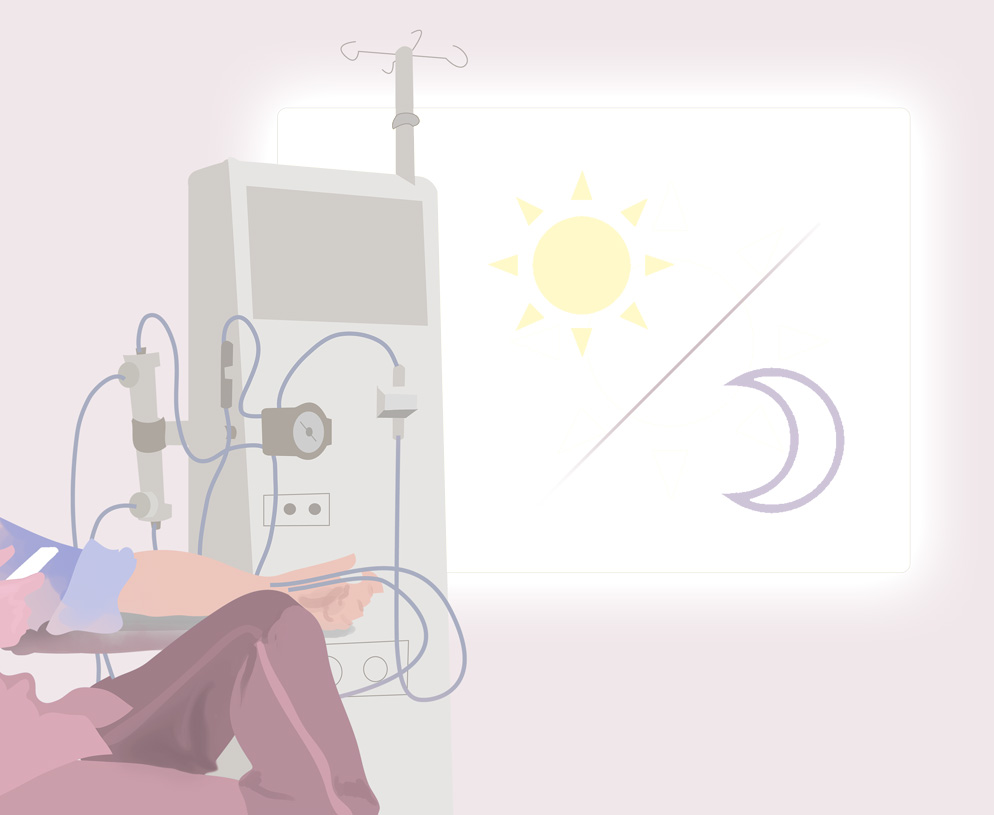Our body goes through several physiological changes during pregnancy, and the kidney is no exception. During pregnancy, both sodium and water retention increases plasma volume. This increases the blood flow to the kidneys during pregnancy. When there is an increase in blood flow to the kidney, the filtration rate, also known as GFR, will increase up to about 50%. Blood …
Executive Order Improves Kidney Transplants & Dialysis
Earlier this year, President Trump signed the first executive order since the 1970s to improve kidney care access. This order aims to encourage kidney transplants and decrease the cost of in-home dialysis treatments. It has been acclaimed by the National Kidney Foundation’s CEO, Kevin Longino, “Kidney care is, for the first time in decades, experiencing a renaissance that can transform …
What is IgA Nephropathy?
IgA Nephropathy, also known as Berger’s disease, is one of the most common glomerular diseases worldwide and is the reason for about 10% of the kidney biopsies within the US. It is responsible for almost one third of all kidney biopsies in all Asian countries, where it is also a leading cause of dialysis. Most cases of IgA nephropathy can be …
Hyperkalemia: Effects of High Potassium Levels
High potassium, known as hyperkalemia, is a common electrolyte abnormality in patients with chronic kidney disease. While most of us have heard that potassium is good for us and needs to be incorporated to have a well-balanced diet, potassium actually needs to be monitored in chronic kidney disease (CKD) patients. What Causes Hyperkalemia? Potassium enters the body orally, through foods …
Types of PKD
Polycystic Kidney Disease (PKD) is a genetic disorder that causes fluid-filled cysts to form on the kidney. There are two different types of PKD. Combined, they are responsible for 5-10% of the patients who are diagnosed with End-Stage Renal Disease on dialysis. Types of PKD There are two types of PKD: Autosomal Dominant and Autosomal Recessive. Autosomal Dominant PKD is …
Diagnosed with CKD: What to Expect
It is important to keep your kidneys healthy because they play an essential role in your body! The kidneys are two bean shaped organs that keep your body in equilibrium. Your kidneys receive 20% of the blood that your heart pumps every minute and excretes any excess water and electrolytes through your urine. As the health of your kidneys start …
What You Need to Know About Kidney Stones
Approximately 10% of the US population will develop kidney stones, and half of these will have recurrent disease. There are several different types of kidney stones; however, 80% of kidney stones contain calcium. Have you ever wondered about kidney stones, and whether you might have one? About Kidney Stones: Risk Factors The risk factors for developing a kidney stone include: …
How the Kidney Transplant Process Works
A kidney transplant is the preferred treatment for End-Stage Kidney Disease. The benefits include an improved life expectancy and better quality of life. The kidney transplant process also provides a significant cost savings to the healthcare system compared to a person on dialysis. Unfortunately, the demand is very high and many people end up waiting for years to receive a …
How Do We Measure Kidney Function?
The kidney has many functions as it removes waste, maintains fluid and electrolyte balance, and regulates body pH. The GFR, or glomerular filtration rate, measures the total for filtration rate of the 1 million nephrons in each kidney. Unfortunately, it’s difficult to detect early loss of kidney function from GFR alone because it often remains unaffected at this stage. Patients …
5 Major Organs Affected by High Blood Pressure
We’ve all heard that high blood pressure is dangerous for your health. But why and how? What does it actually do to your body when your heart must work harder to pump blood effectively? Unfortunately, the consequences are not just confined to the heart. There are several major organs affected by high blood pressure. #1 The Eyes Hypertension over long periods …
- Page 1 of 2
- 1
- 2










